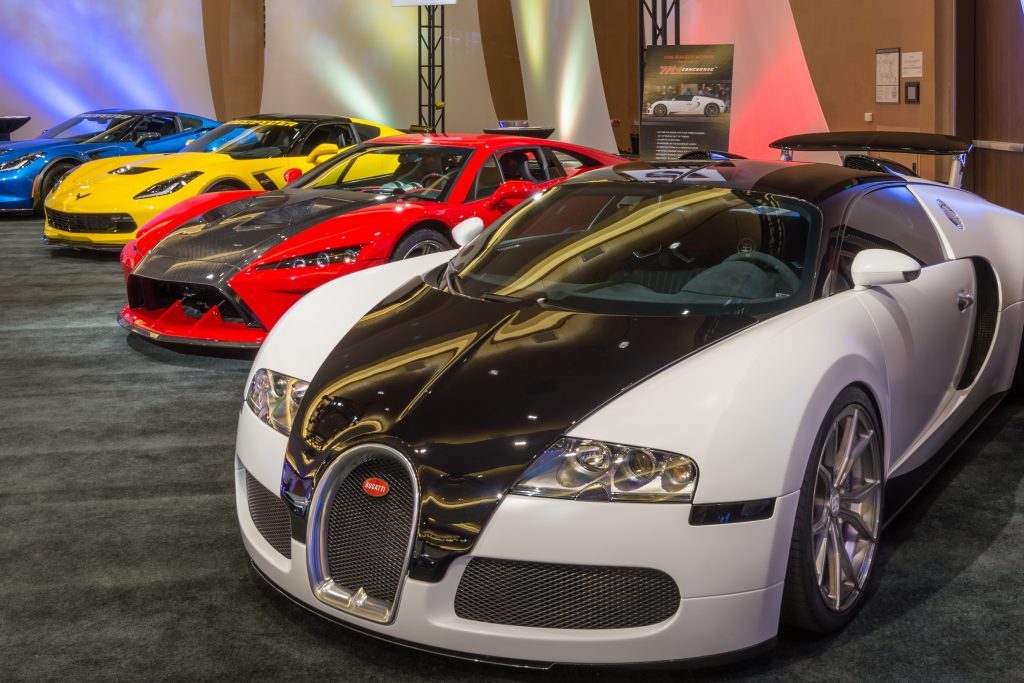
Chinese buyers of expensive luxury cars like Ferrari and Rolls-Royce will have to pay extra under Beijing’s latest effort to rein in ostentatious spending.
The communist government has added a 10% import tax on “super-luxury vehicles” priced above 1.3 million yuan (£150,000).
The Finance Ministry said it is aimed at encouraging “rational consumption“ and curbing energy use and emissions.
Chinese leaders are trying to nurture domestic consumption to reduce reliance on trade and investment, but worry extravagant spending by the elite is politically dangerous at a time of slowing economic growth.
The government of President Xi Jinping has imposed a steadily widening series of austerity measures since 2013 to discourage corruption and what Beijing deems excessive spending.
They have chilled revenues for high-end restaurants and sales of brandy, designer handbags and watches and other luxury imports.
It was not clear whether the latest tax – which explicitly targets imports – might go against Beijing’s World Trade Organisation commitments to treat foreign and domestic goods equally.
China has been the fastest-growing market for luxury car makers, with some reporting annual sales gains of 50 to 100 per cent in recent years.
The latest tax comes at a time when overall auto sales growth is slowing.
Beijing helped to pull the market out of a slump last year by suspending a sales tax, but that cut is due to end on January 1.
Buyers of luxury cars also pay taxes including one based on engine size that can add up to 40% to the purchase price.